All posts by Sarah Marie Moesta
BAMAs take New York!
The BAMAs enrolled in English 497A, taught by Charlotte Holmes and Jean Sanders, were lucky enough to take a trip to New York last weekend to attend the NY Art Books Fair at MOMA PS 1. The trip served as inspiration for the art books the students will be making in class.
MOMA PS 1.
Some of the many art books.
“I’d rather be reading.”
BAMAs enjoying the shade in Central Park.
This trip was inspirational and so much fun. We are so grateful for the opportunity!
Seamus McGraw Visit
On Wednesday, September 24, author Seamus McGraw visited Penn State University as part of the Mary E. Rolling Reading Series. McGraw’s 2011 book The End of Country, a memoir/journalistic investigation, explored natural-gas drilling in McGraw’s hometown in Susquehanna County, Pennsylvania. But before McGraw read from Country and his upcoming book, due for release in Spring 2015, he asked the audience in Palmer Auditorium a simple question: “what is fracking?”
A girl tentatively raised her hand, offered an answer about wells, water and chemicals blasted into the underlying shale, and gas migrating upward because of the intense pressure.
McGraw nodded, clasped his hands, and proceeded to make an important distinction. One misconception people have about fracking, he said, is they think fracking fractures the ground, forcing shale to move upward through the breaks it creates. In reality, fracking exploits existing fractures within the ground, monopolizing on cracks that have always lurked underfoot. To McGraw, this metaphor summarizes the entire fracking industry: it doesn’t fracture the towns and communities that live over the shale deposits—it just exacerbates problems that have always hidden there, below the surface. He continued to explain that there’s no black-and-white morality when it comes to fracking. Fracking is a process that garners enormous benefits, and one that carries heavy costs. It’s a process about which McGraw hopes American can hold a conversation, a genuine one that embraces the gray area surrounding the social, political, and economic consequences of drilling for natural gas.
Ito Romo Visit
Writer Ito Romo came to Penn State last week to kick off the Mary E. Rolling Reading Series. He’s pictured here at a Q&A in Bill Cobb’s graduate fiction workshop, where he discussed his writing and technique: he talked about the influence of setting, the importance of knowing where to end a story. His book The Border is Burning is a collection of very short stories, all of which take place in southern Texas, right on the Mexican border, and all of which, in Ito’s own words, are pretty depressing. Ito said that he chose to write the stories the way that he did to present people who are marginalized because of their social or economic classes or because of the drug trade in south Texas as very real and very human. He said people often tell him that his stories elicit physical pain, and this was evident when he gave his spirited, jarring reading on Thursday night. His stories are gripping and impossible to forget. We are so lucky to have had such a talented and gracious writer come speak with us!
Welcome Back!
Hello, all, and welcome to the 2014-2015 school year! We think it’ll be a good one.
Remember to check out our blog throughout the year for events, exciting news, and other updates!

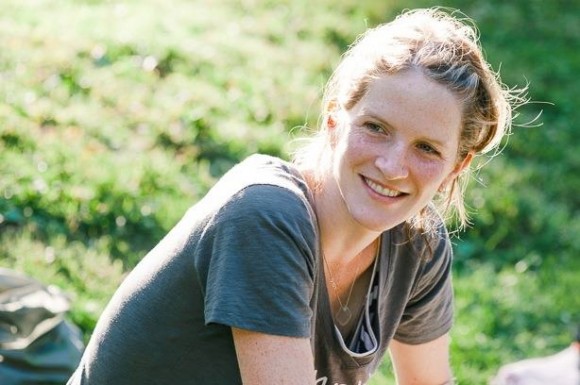
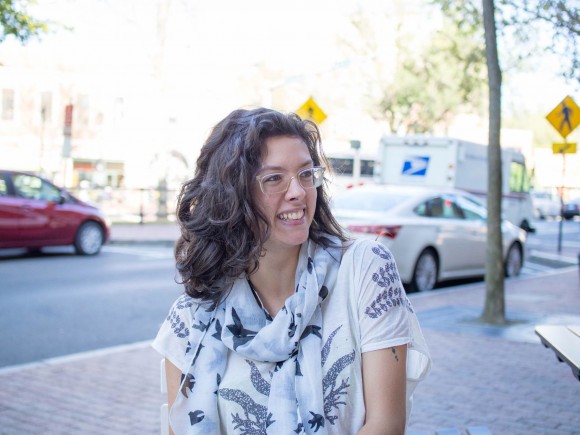

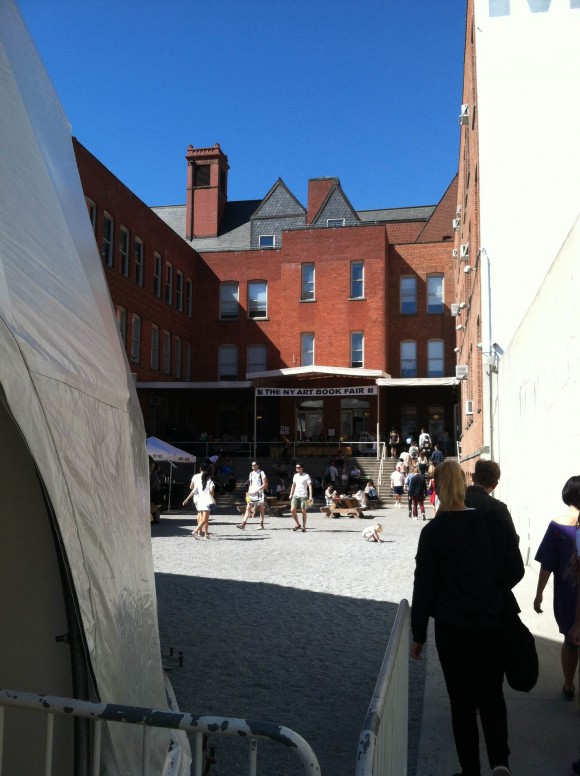
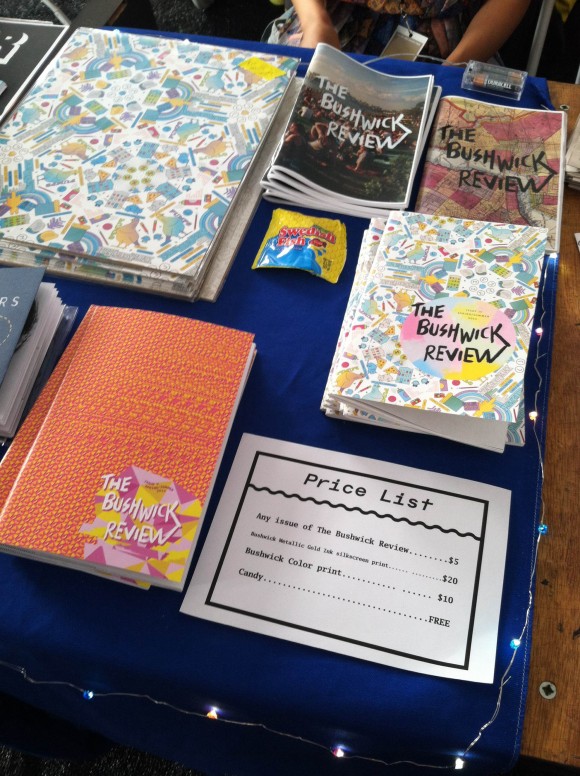
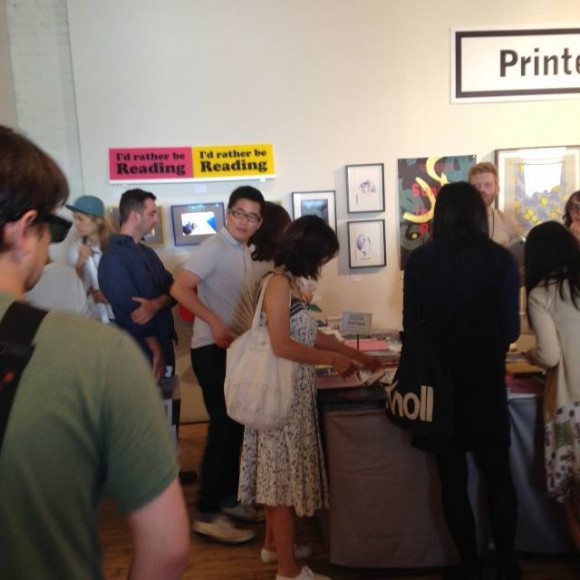
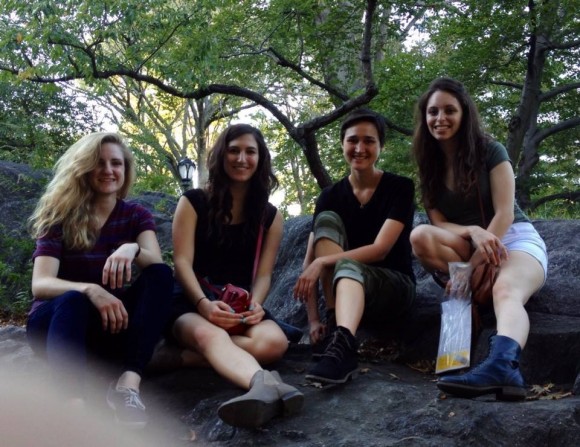
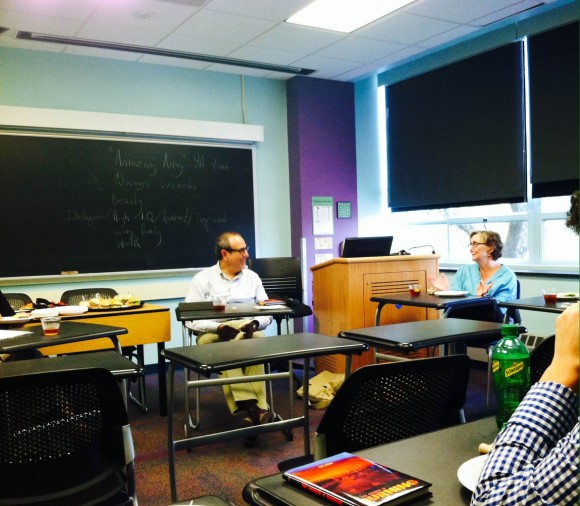
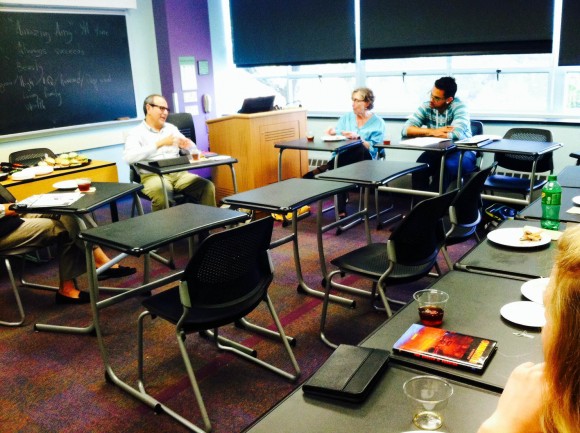
You must be logged in to post a comment.